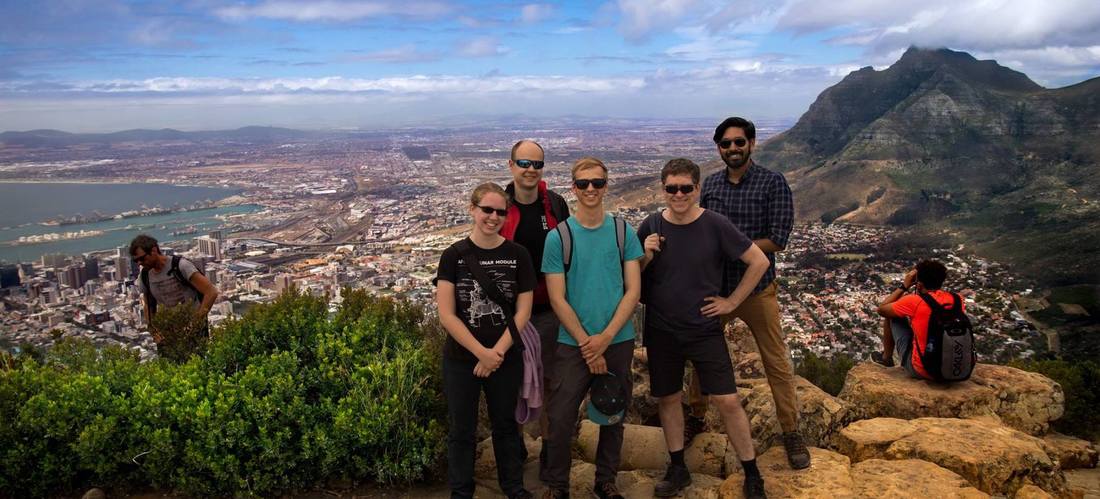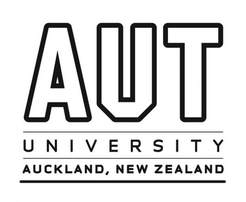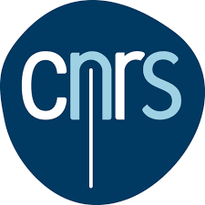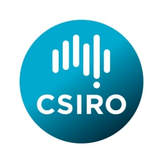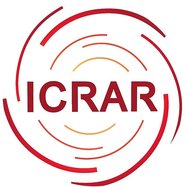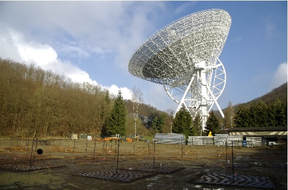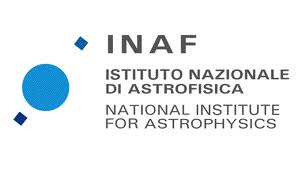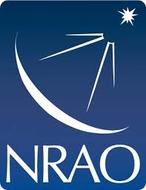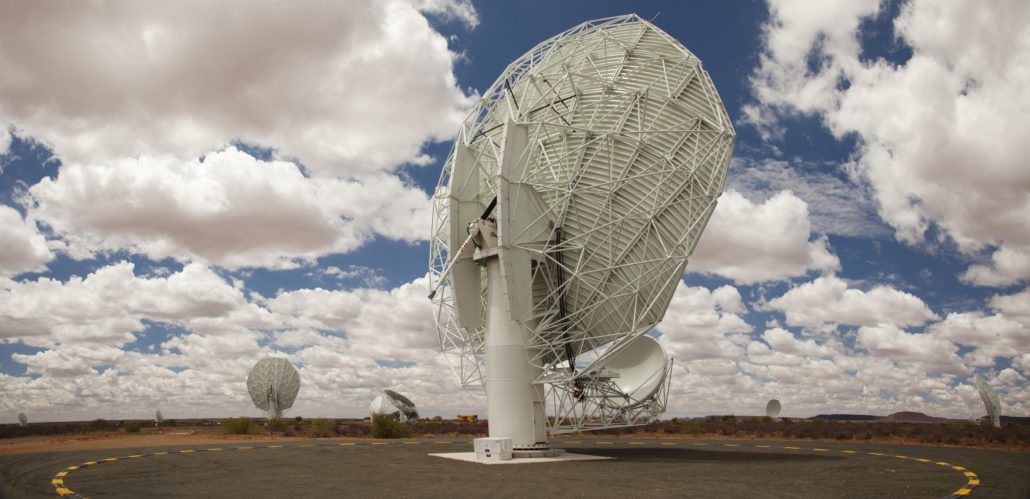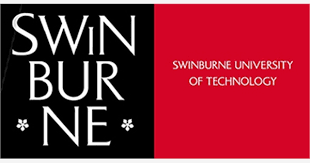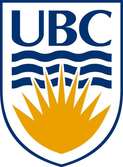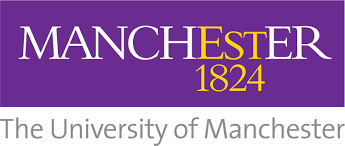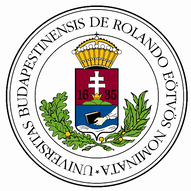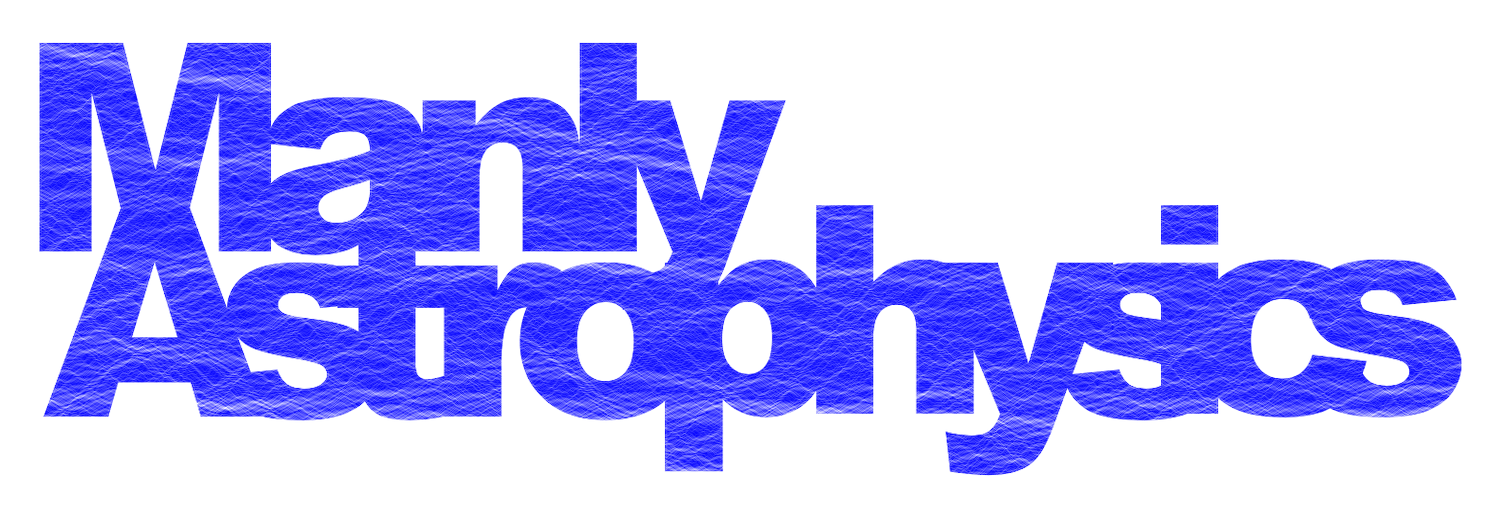Meet Our Team
MeerTime brings together pulsar experts from South Africa and around the world and is comprised of eleven institutions from four continents. MeerTime has a chair, an institutional contact for each institution, four science themes with leaders, and various working groups and chairs.
MeerTime is on Slack
MeerTime is on Slack
MeerTime Chair:
The current MeerTime chair is Professor Matthew Bailes (Swinburne University of Technology). His contact details are here.
MeerTime Member Representatives:
- ASTRON: Dr. Joeri van Leeuwen
- Auckland University of Technology: Dr. Willem van Straten
- Centre National de la Recherche Scientifique & Université d'Orléans: Dr. Gilles Theureau
- CSIRO Astronomy and Space Sciences: Dr. Simon Johnston
- Eötvös Loránd University (ELTE): Dr Tim Pennucci
- International Centre for Radio Astronomy Research - Curtin: Dr. Ramesh Bhat
- Manly Astrophysics: Dr Stefan Oslowski
- Max Planck Institute for Radio Astronomy: Dr. Michael Kramer
- National Institute for Astrophysics: Dr. Andrea Possenti
- National Radio Astronomy Observatory: Dr. Scott Ransom
- South African Radio Astronomy Observatory: Dr. Fernando Camilo
- Swinburne University of Technology: Prof. Matthew Bailes
- University of British Columbia: Professor Ingrid Stairs
- University of Manchester: Dr Patrick Weltevrede & Dr Michael Keith
- University of Oxford: Professor Aris Karastergiou
- West Virginia University: Professor Maura McLaughlin
Builders Working Group Leaders:
Scheduling Tools: Aditya Parthasarathy
Simulation: Renee Spiewak
DAQ Hardware: Andrew Jameson
DAQ Software: Andrew Jameson
Databases: Andrew Cameron and Andrew Jameson
Data Distribution to Mirrors: Vivek Venkatraman Krishnan
ToA Computation: Stefan Oslowski, Tim Pennucci, Ryan Shannon, Matt Miles.
Documentation: Michael Keith (wiki)
Web Portals: Andrew Jameson, Stefan Oslowski, Matthew Bailes
MeerTime Website: Matthew Bailes
Simulation: Renee Spiewak
DAQ Hardware: Andrew Jameson
DAQ Software: Andrew Jameson
Databases: Andrew Cameron and Andrew Jameson
- Initial Design: Ewan Barr and David Champion
- RFI Rejection: Aditya Parthasarathy, Daniel Reardon, Ryan Shannon, Matthew Bailes
- Polarimetric Calibration: Willem van Straten & Aris Karastergiou, Maciej Serylak
- Decimated data: Renee Spiewak, Daniel Reardon.
- Raw Data & Metadata: SARAO
- Calibrated data: Andrew Jameson, Matthew Bailes
- Decimated data: Stefan Oslowski
Data Distribution to Mirrors: Vivek Venkatraman Krishnan
ToA Computation: Stefan Oslowski, Tim Pennucci, Ryan Shannon, Matt Miles.
Documentation: Michael Keith (wiki)
Web Portals: Andrew Jameson, Stefan Oslowski, Matthew Bailes
MeerTime Website: Matthew Bailes
Commissioning:
Observing Strategy: Ryan Shannon
Governance:
Policies: Matthew Bailes
Communications: Matthew Bailes
Finances: Yeshe Fenner
Reporting: Matthew Bailes
Communications: Matthew Bailes
Finances: Yeshe Fenner
Reporting: Matthew Bailes
Science Theme Leaders:
- Millisecond Pulsars and Gravitational Wave Detection: Ryan Shannon, Willem van Straten, Maura McLaughlin.
- Relativistic and Binary Pulsars: Michael Kramer, Ingrid Stairs.
- Globular Cluster Timing: Scott Ransom and Andrea Possenti.
- 1000 Pulsar Array: Aris Karastergiou, Simon Johnston and Ramesh Bhat.
MeerTime Member Institutions:
ASTRONASTRON operates the Dutch radio astronomy facilities and are experts in pulsar discovery and timing |
Auckland University of TechnologyAUT is leading efforts to design the SKA pulsar processor |
CNRS and University of OrleansCNRS operate the powerful Nancay Telescope and are experts at pulsar timing |
CSIRO Astronomy and Space SciencesCSIRO has been a world leader in pulsar astronomy since their discovery in the 1960s |
ICRAR - CurtinICRAR are experts at low frequency pulsar astronomy and studies of giant pulses |
Max Planck Institute for Radio AstronomyThe MPIfR is renowned for its work in timing relativistic binary pulsars |
Swinburne University of TechnologySwinburne's pulsar group are world leaders in precision pulsar timing |
